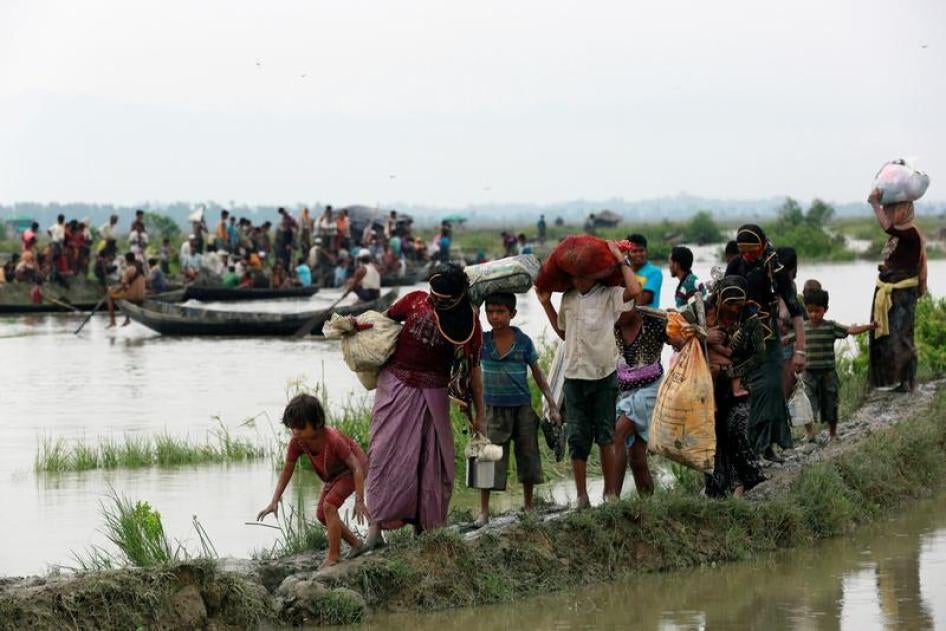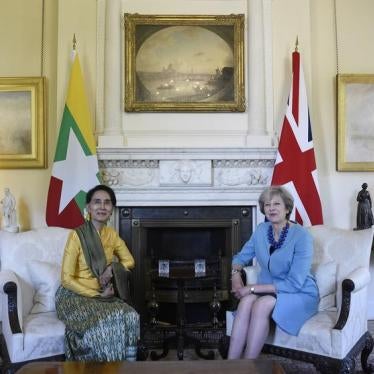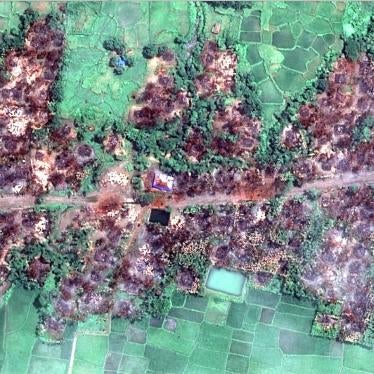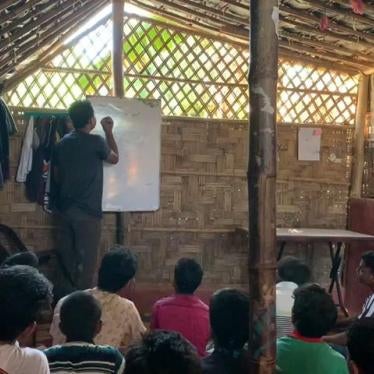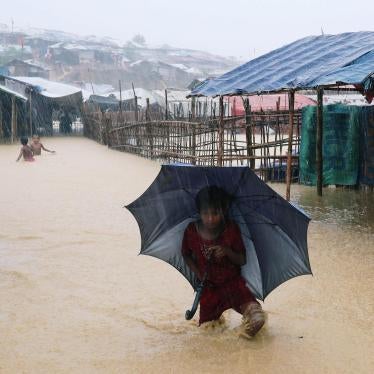It’s rare to see the United Nation’s top diplomat take the uncomfortable step of telling the Security Council, the world’s most powerful political body, what to do. But, that’s exactly what UN Secretary-General Antonio Guterres did this week, by asking the council to step up its response to the violence sweeping Burma, also known as Myanmar.
In a public letter, Guterres made it clear that he thinks the “international community has a responsibility to undertake concerted efforts to prevent a further escalation of the crisis.” In response to a question posed by a UN reporter yesterday, Guterres also warned “we’re facing a risk” of ethnic cleansing in the country.
The numbers underlying the crisis are staggering. Hungry and weak, about 146,000 ethnic Rohingya refugees have fled to Bangladesh in the span of 11 days. Human Rights Watch analyzed satellite imagery showing the widespread burning of 21 distinct parts of Burma’s Rakhine State, including one Rohingya village where 99 percent of all structures were razed. Guterres warned the Security Council that he is “deeply concerned” about the risks of the situation “degenerating into a humanitarian catastrophe” that expands far beyond Burma’s borders.
This wouldn’t be the first time these kinds of crimes have been committed there. In 2012, violence against Rohingya and Kaman Muslims in Rakhine State resulted in what Human Rights Watch found to be ethnic cleansing and crimes against humanity. Back then, Buddhist monks and ethnic Rakhine villagers carried out the killings with help from the state security forces. This time, the military, initially responding to a series of attacks by a Rohingya armed group, appears to be in charge of operations.
So far, the Security Council has said nothing publicly about a situation that the UN special advisor for the prevention of genocide has warned “can be the precursor to all the egregious crimes – and I mean genocide.”
For years, the Security Council has tiptoed around the precarious situation in Rakhine State. Burma’s national security advisor has even bragged that he can count on powerful permanent Security Council members China and Russia to prevent an open discussion of the crisis. In the past two weeks, the Security Council has met just once to discuss the situation in a short meeting held behind closed doors.
The ball is now in the Security Council’s court. Council members should call for a public briefing by the secretary-general on the situation in Burma, demand authorities allow humanitarian aid to flow freely to the population at risk, and warn that a failure to cooperate with the UN-backed fact-finding mission will result in international sanctions. Most importantly, the Security Council needs to call on the Burmese government to immediately end atrocities against the Rohingya people. Even powerful allies should not be shielding Burma from the world's scrutiny.
|
Dispatches
Burma’s Rohingya Need the World’s Attention
UN Security Council Should Break Its Silence
Your tax deductible gift can help stop human rights violations and save lives around the world.
Region / Country
Tags
Topic
Most Viewed
-

-
February 20, 2026
Abuses in Cameroon After US Deports Third-Country Nationals

-
April 27, 2021
A Threshold Crossed

-
November 25, 2019
A Dirty Investment

-
January 23, 2018
Hidden Chains


